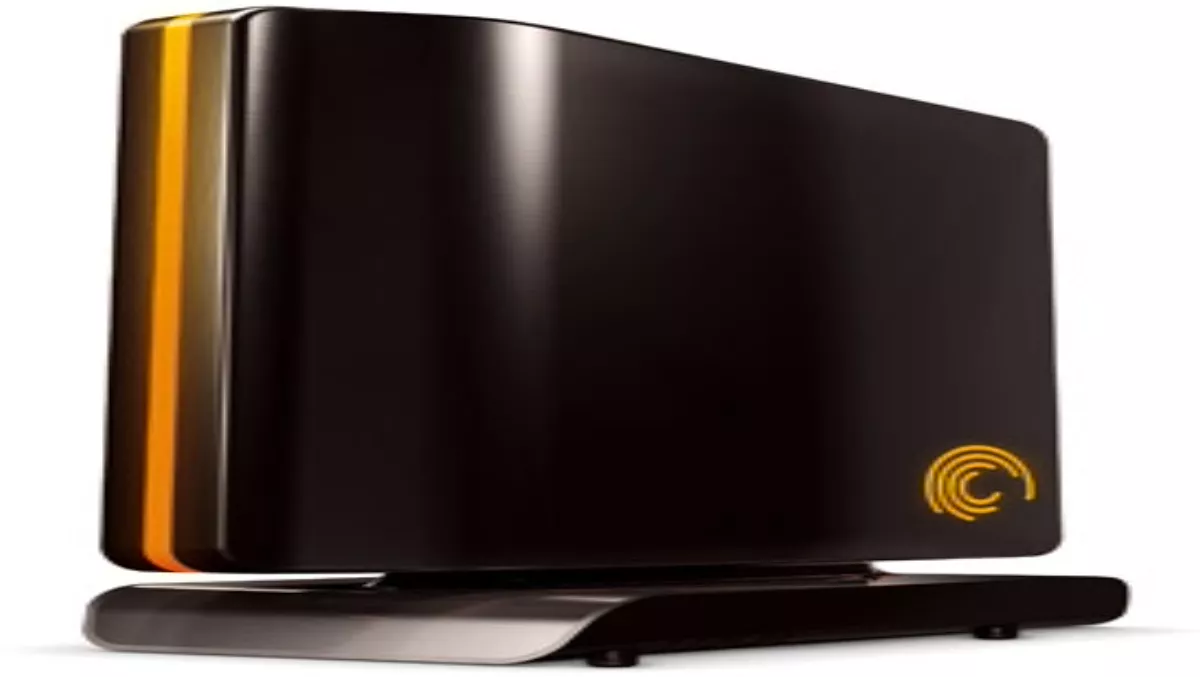
How to buy a hard drive
As many of us have probably already realised the hard way, a computer's internal hard drive will only last so long, and when it crashes it can be devastating if you're not properly backed up. The hard drive is sort of like the brain of the computer, where your operating system, programs and data are permanently stored and accessed. So if/when your hard drive fails, there is a possibility that you will lose everything on your computer – for good. Just the thought is enough to bring on an anxiety attack! External hard drives not only offer you almost unlimited storage, they also give you peace of mind knowing that all of your precious files, music, photos etc. are protected if the worst case scenario should occur. To give you an idea of just how much space you will get with a basic external hard drive, 1TB (Terabyte) is enough for over 750,000 MP3s or photos or over 230 DVD-sized movies! INTERNAL VS EXTERNAL When shopping for a hard drive, there are two main options to consider: internal and external. An internal drive goes inside your PC and connects directly to the interface card or motherboard. An external drive is a device that attaches to your PC via USB drive. Alternatively, NAS (network-attached storage) devices are becoming increasingly popular and these devices connect to your router via Ethernet. NAS devices are most useful for small-business owners or people who have multiple computers/users in their homes. NAS devices are more or less external hard drives with very large capacities that can automatically back up several computers. However, if you only own one computer, you'll be fine with a simple external hard drive. Internal drives are preferred if you are looking to replace your current hard drive or expand your PC's storage, but if you're looking for a backup, go with external. There are two types of external drives available. Desktop-style drives often require a power adapter and currently hold a maximum of 3TB. This style of external hard drive is generally meant to be kept in one place (like your desk at home). If you're looking for a portable option, notebook-class (aka pocket) hard drives can easily fit into a coat pocket and are powered through the connector cable without the need for a power adapter. These smaller devices can hold up to 1TB. TYPE There are generally two types of external hard drives: solid-state drives (SSD) and hard disk drives (HDD). Solid-state drives are faster, but they are also much more expensive. The main benefit of SSDs is that they have no moving parts, which makes them safer and more durable; however for the everyday user, an HDD will serve you just fine and will save you a fortune! If you are going to be moving your device around quite a bit and are concerned about the durability, look out for a hard drive that lists "ruggedness" among its features. These drives will often have a reinforced exterior for added protection. SIZE As mentioned above, even the smaller drives will probably be more than enough in terms of storage space. If most of your files are word-processing documents, spreadsheets and other small files, you should be fine with around 300 GB. If you do have a large media collection on board, might as well go with a bigger drive of 1TB or larger. The prices on these external drives have plummeted significantly since their first arrival on the scene, so you won't be paying much more for the extra space and at least you'll know it's there if you do end up needing it. SPEED Most drives these days are either eSATA (External Serial Advanced Technology Attachment) or USB 2.0 (and increasingly 3.0). eSATA is the faster of the two options, reaching transfer rates triple those of USB 2.0, but it usually requires an external power source (so you have to plug the device into an outlet as well as into your computer). SECURITY Some drives simply act as storage boxes while others provide extra security with features such as automatic backup or file retrieval. These features will cost you a bit extra, but they may be worth it in the long run. Regardless which option you go with, the most important thing is that you invest in some sort of external hard drive to protect yourself in the case of a crash. It may seem expensive to buy a hard drive right now, but it will be far more expensive when you have to hire a specialist to try and retrieve all your lost files, not to mention time consuming and traumatic if they can't be found!

